Debating Immigration: Wagner-Rogers Bill
Context
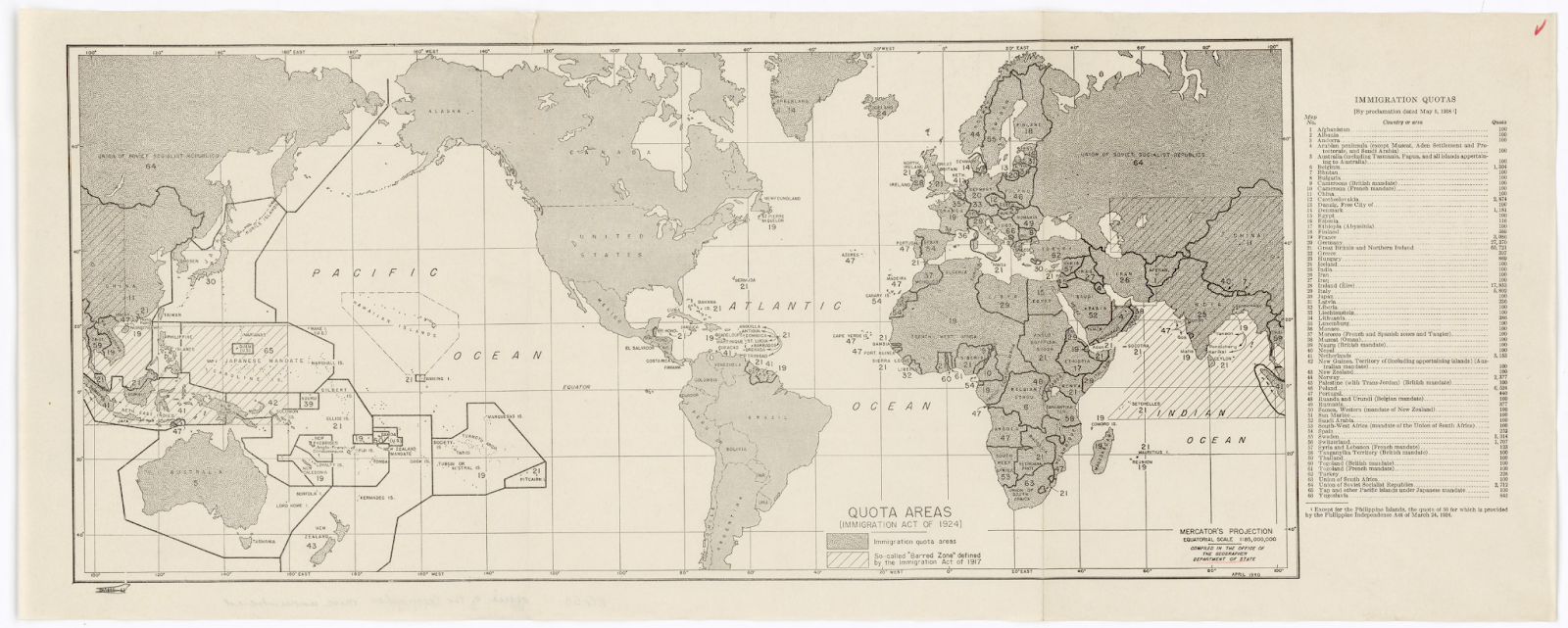
Quota Areas, Immigration Act of 1924, 1940, National Archives Catalog
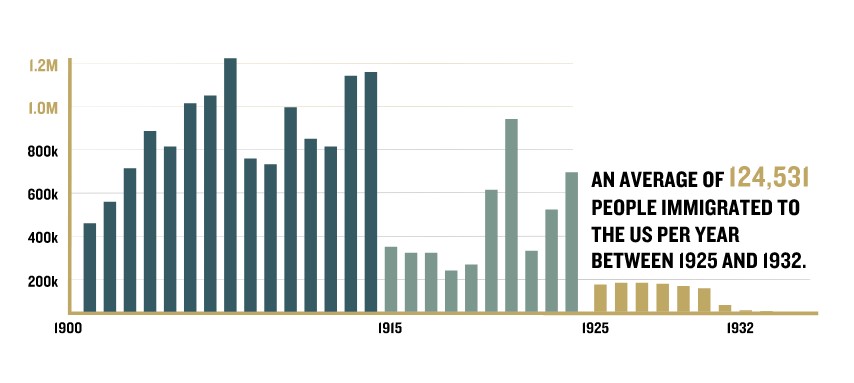
Between 1900 -1915 the United States saw a record growth of 900,000 immigrants per year.
Concerns led to Congress passing the 1924 Johnson-Reed Act to limit immigration to 164,000 per year.
USHMM
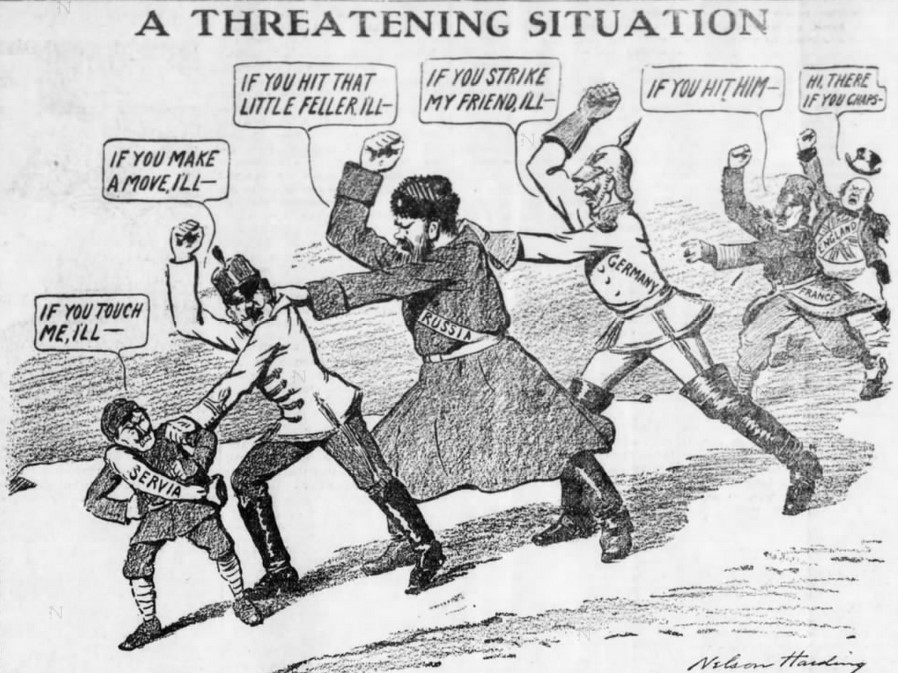
The Chain of Friendship, 1912, Wikimedia Commons
President Hoover enforced the 1917 Immigration Act LPC clause - “likely to become a public charge” - to refuse immigrants without the financial means to support themselves. Nazi Germany would not allow Jews to retain financial holdings if they emigrated, leaving them destitute and subject to LPC.
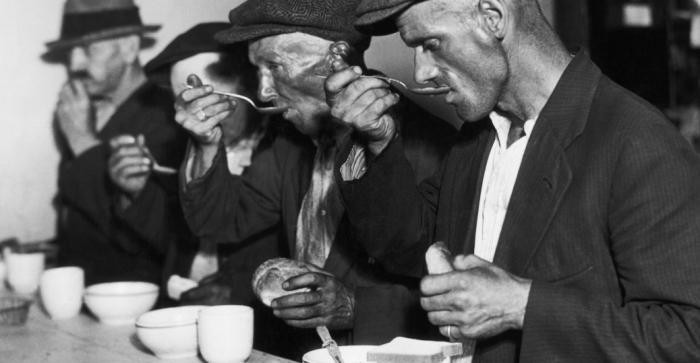
On October 24, 1929, the New York Stock Exchange lost 11% of it's value in one day. Panic set in resulting in a massive stock sell-off. Businesses failed, spending dropped 20%, and unemployment rates escalated. By 1933, 13 million Americans were unemployed. Germany fared much worse than most countries, due in part to high reparations imposed by the Allies after the war.
Soup Line, USHMM
Looking for an end to suffering, Germans turned to a new and charismatic leader - Adolph Hitler.
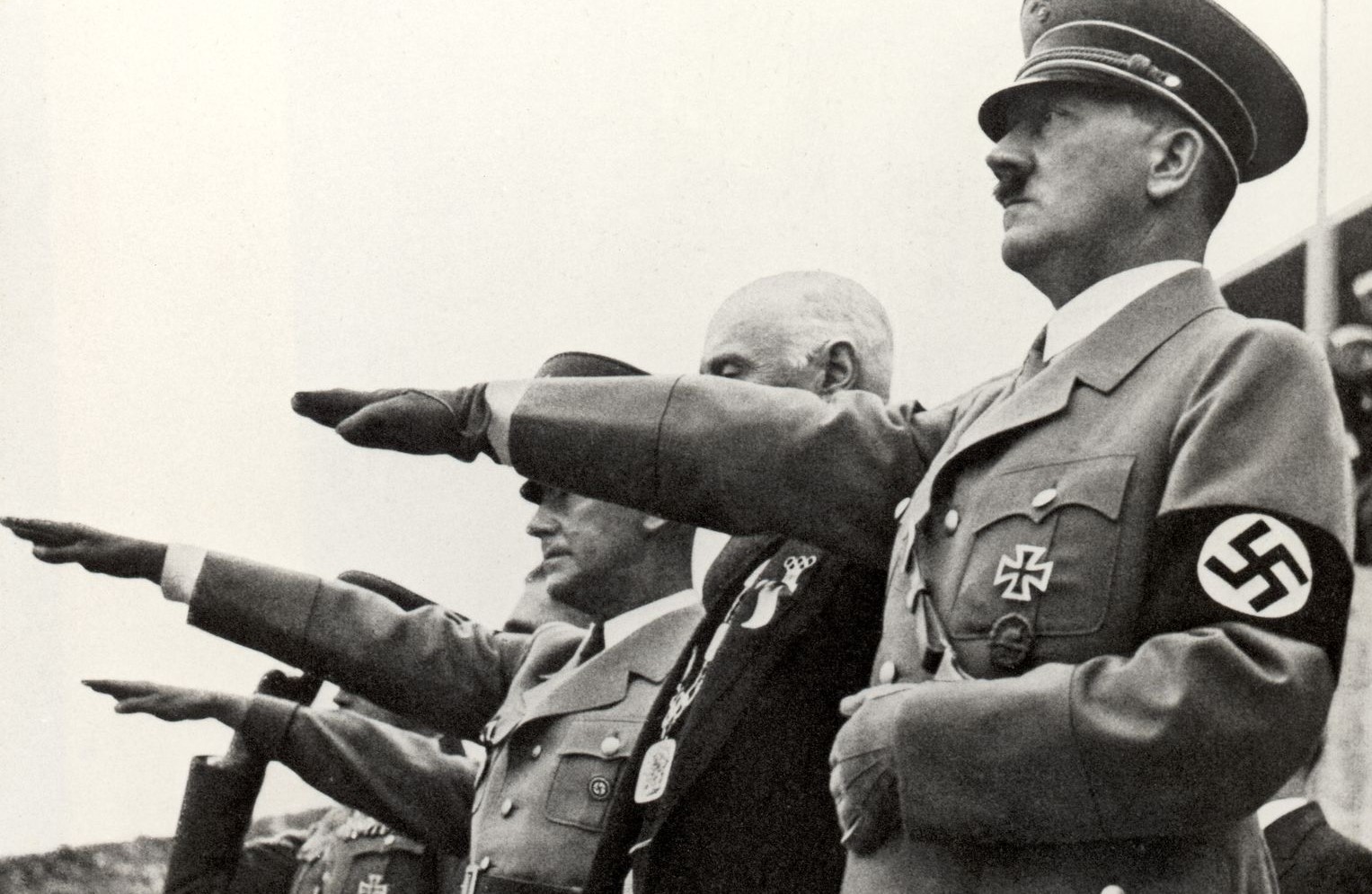
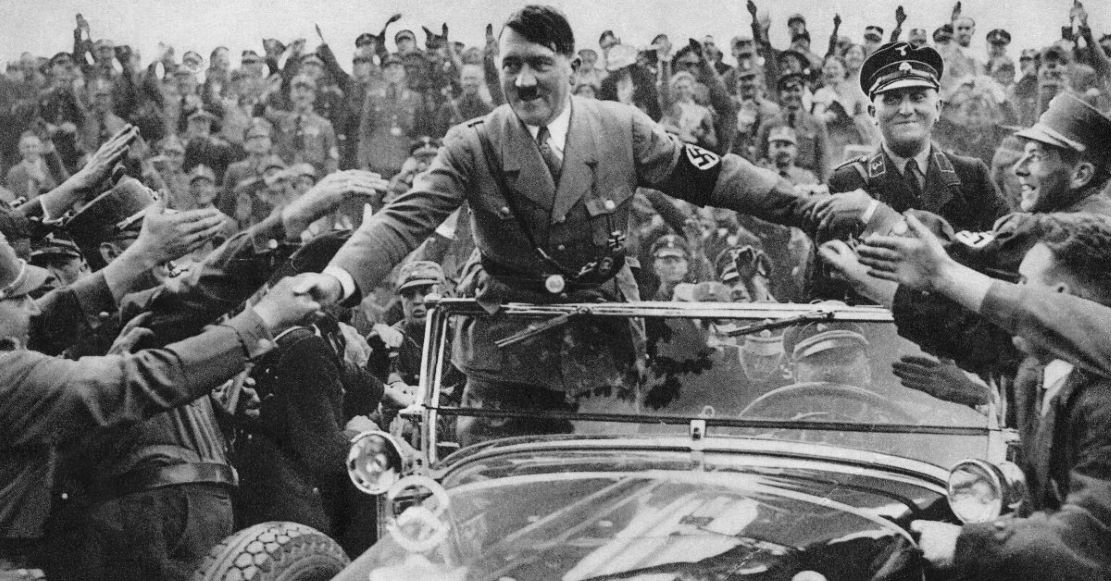
Hitler in Crowd, 1933, Tim
Hitler at Olympics, 1936, Spiegel International
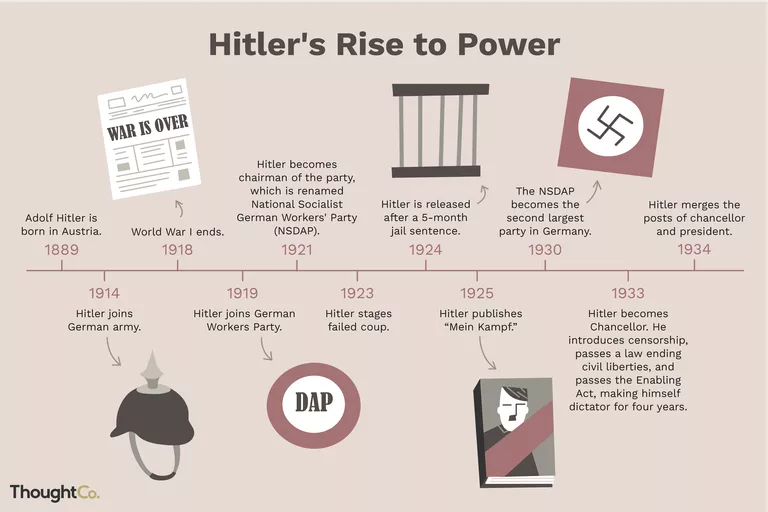
Hitler's Rise to Power, 2020, ThoughtCo
By March 1933, members of Hitler’s Nazi party were intent on blaming Jews for the poor economic conditions.

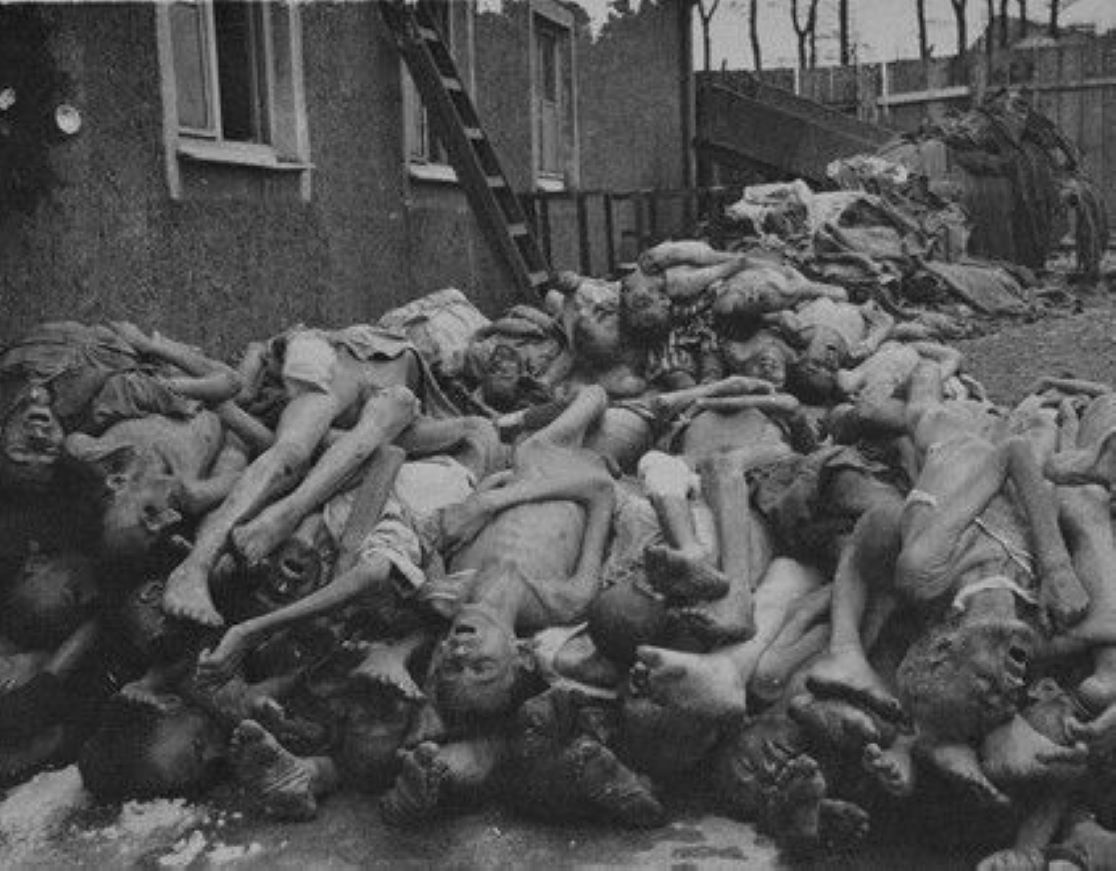
SA Members Post Anti-Jewish Boycott Signs, 1933, USHMM
Buchenwald Corpses, 1945, Wikimedia Commons
Reichstag Speech, 1939, USHMM
Germany's Jews pleaded with members of the Jewish community in the U.S. for President Roosevelt to take action, but the Roosevelt Administration perceived the situation in Germany as a domestic problem and as a potential diplomatic problem for the U.S.
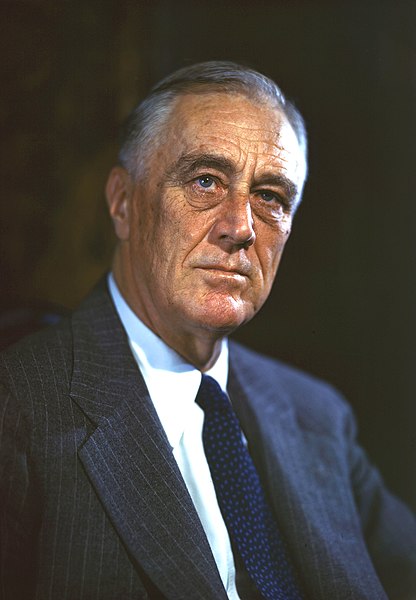
FDR 1944 Color Portrait, 1944, Wikimedia Commons
"This is not in contemplation. We have the quota system."
~ President Franklin D. Roosevelt, November 1928 press conference
United States Holocaust Memorial Museum
Anti-Semitism was becoming increasingly common in the United States. Fueled by the Great Depression, Americans feared Jewish immigration would harm their recovering economy. The great debate between humanitarian diplomacy and isolationism would begin as Americans refused the idea of immigrants filling positions in the workforce that Americans felt they deserved.
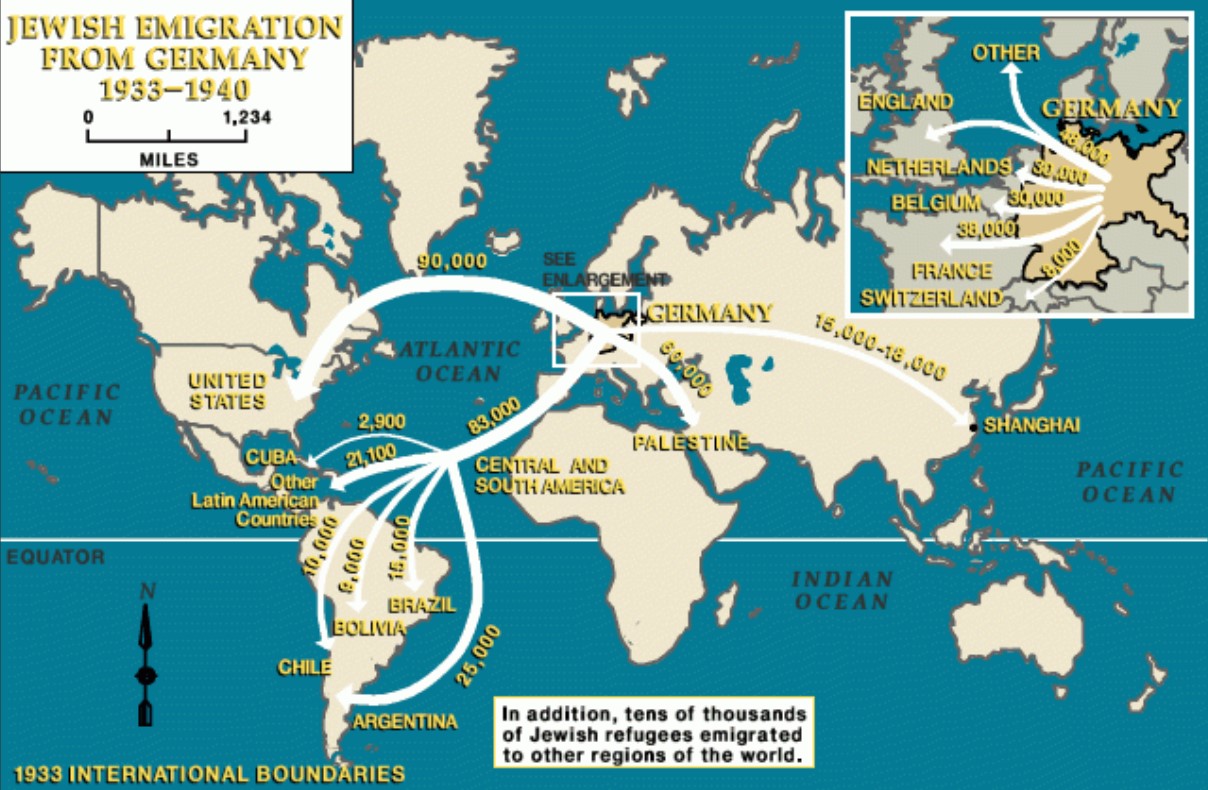
Jewish emigration from Germany, 1933-1940, USHMM
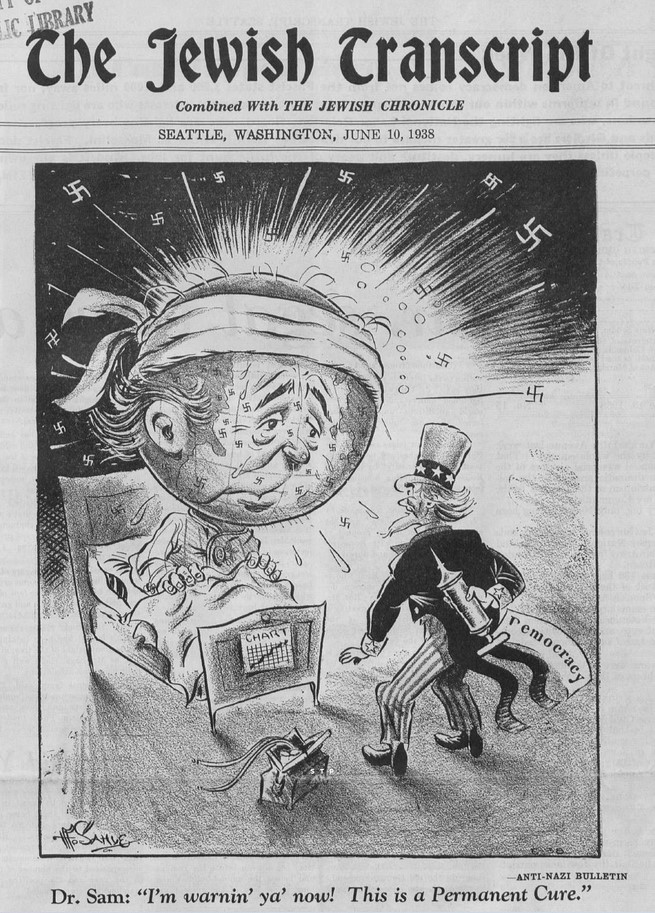
Dr. Sam: "I'm warnin' ya' now! This is a permanent Cure.", 1938, The Jewish Transcript